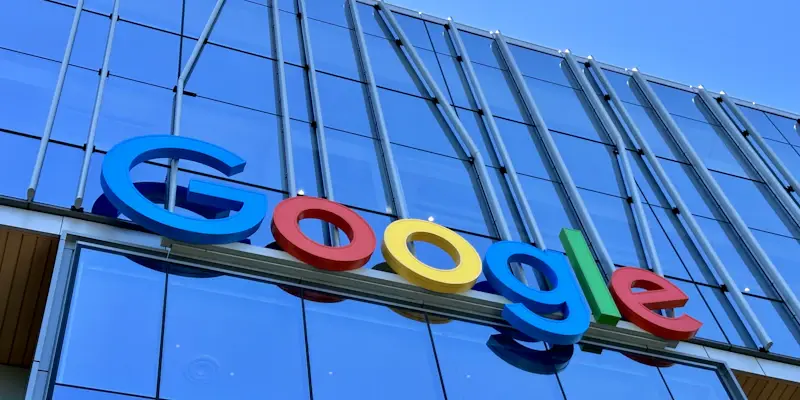In a significant development in the tech industry, Google has agreed to pay $28 million to resolve a class-action lawsuit alleging racial pay discrimination. The case, which accused the tech giant of favoring White and Asian employees over other racial and ethnic groups, highlights a persistent challenge within many companies. The settlement received preliminary approval from Judge Charles Adams of the Santa Clara County Superior Court, marking an essential step toward addressing the issue of wage inequality within one of the world’s most influential technology firms.
Details of the Settlement
Allegations and Legal Proceedings
The allegations, which came to light through a leaked internal pay spreadsheet from 2022, highlighted disparities in compensation among different racial groups. Specifically, the plaintiffs, represented by Gunn Coble LLP, claimed that Google paid less to employees identified as Hispanic, Latinx, Indigenous, Native American, Native Hawaiian, Pacific Islander, and/or Alaska Native for equivalent work from February 15, 2018, to December 31, 2024. This suit prompted a detailed review of Google’s compensation practices and set a precedent for other tech giants to scrutinize their own pay structures.
Under the terms of the settlement, Google agreed to collaborate with a labor economist and an industrial or occupational psychologist to review its annual pay equity audits and provide recommendations to address pay disparities. This move aims to ensure ongoing oversight and accountability in the company’s efforts to maintain equitable compensation practices. The lawsuit, driven by Ana Cantu, who identifies as Mexican and racially Indigenous, brought significant attention to the issue and underscored the importance of transparency and collective action in addressing systemic pay inequities.
Google’s Response and Denial
Despite agreeing to settle the lawsuit, Google denied any wrongdoing, maintaining its commitment to fair pay and hiring practices. The company’s decision to settle, however, suggests a willingness to address the concerns raised and to implement measures to prevent future disparities. Google’s response to the lawsuit and the resulting settlement illustrates the complex nature of addressing allegations of discrimination while striving to uphold a company’s public image and internal policies.
Interestingly, even as Google settled the lawsuit, it has been observed that the company has been retreating from some of its diversity efforts. Notably, Google has pulled back on diversity hiring targets and removed commitments to diversity, equity, and inclusion (DEI) from its SEC reports amid rising conservative backlash and a changing legal landscape. This retreat raises questions about the sustainability of diversity initiatives within tech companies and the broader implications for industry-wide efforts to promote inclusivity and equity.
Broader Implications
Importance of Collective Action
The case against Google underscores the importance of collective action and transparency in addressing suspected pay inequities within tech companies. By coming together and self-reporting their pay, employees like Ana Cantu enabled the case to move forward and brought much-needed attention to the issue. The role of civil rights law firms like Gunn Coble LLP in representing affected employees also highlights the value of legal advocacy in challenging systemic inequalities and holding companies accountable for their practices.
Beth Gunn, another founding partner of Gunn Coble LLP, emphasized the need for California to lead in enacting and enforcing civil rights laws aimed at closing loopholes that allow discriminatory wage gaps to persist. Her comments reflect a broader call for legislative action to ensure that employers are held to high standards of equity and fairness, particularly in a state that hosts many leading tech companies. The settlement with Google is seen as a pivotal moment that could inspire other companies to take proactive measures to ensure equitable compensation.
Moving Toward Equitable Compensation
In a notable development within the tech industry, Google has agreed to pay $28 million to settle a class-action lawsuit alleging racial pay discrimination. The suit accused the tech giant of favoring White and Asian employees over those from other racial and ethnic backgrounds, underscoring a prevalent challenge in many modern companies. This significant step forward aims to address longstanding wage inequalities within one of the world’s most powerful technology firms. The settlement has been given preliminary approval by Judge Charles Adams of the Santa Clara County Superior Court. The lawsuit highlights the ongoing issue of fair pay and equality, which continues to be a significant area of concern and debate within the industry. This legal move by Google may set an important precedent for other large companies facing similar challenges and could spark broader conversations and actions toward achieving equity and fairness in workplaces nationwide.

